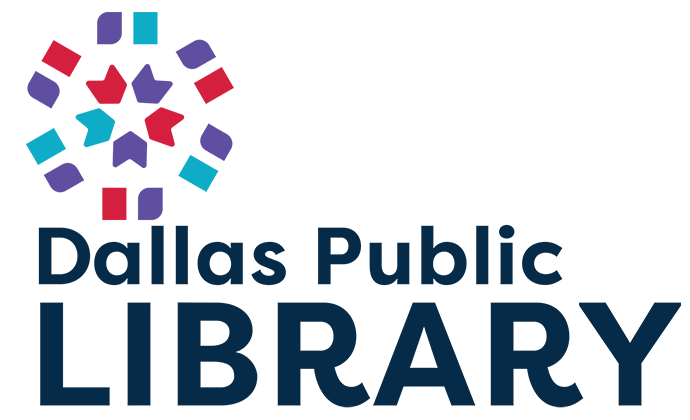Lloyd DeWitt Bockstruck Scholarship recipient attends IGHR

By Nick Manca
I have worked for the Dallas Public Library for almost seven years, six of which have been in the History and Genealogy Department at the J. Erik Jonsson Central Library. As a History Librarian with a deep interest in genealogy, I applied to the 2020 Lloyd DeWitt Bockstruck Scholarship so I could attend The Institute of Genealogy and Historical Research (IGHR) Conference. The Scholarship was created after the passing of Mr. Bockstruck and is used to provide genealogical training for members of the library staff. I am the second participant to receive the award.
The week-long conference included many classes that dove into research and organization methods, including uncovering Federal Land records, understanding and using DNA results, locating historical newspapers, and learning techniques to employ when you hit a brick wall in your research.
One of my favorite classes was “Using DNA Test Results as Evidence”, taught by Angela McGhie. I had done my DNA through Ancestry and had a basic understanding of the information provided, but never knew how to use DNA information for my genealogical research. One of the things I learned in class was how a distant relative can have a higher count of centimorgans (how much DNA you share with your relative) than closer ones if they match on both your maternal and paternal side. This means both my matched relative and I can have more than one common ancestor. Being able to compare trees and documented material will help me fully understand how and where we match.
I also loved another course by McGhie titled “Researching Federal Land Records.” I learned how to use the U.S. Department of the Interior’s Bureau of Land Management website to look up my 5th great-grandfather’s plot of land and then compare it to current Google Maps to get an idea of its location. The record also included the original land warrant number for further research!
Finally, I really enjoyed McGhie’s “Research Methods” presentation. She demonstrated the usage of OCLC’s Archivegrid, a fantastic resource that identifies finding aids across the U.S. These finding aids list resources found at specific locations, such as the Dallas History & Archives at Dallas Public Library, helping genealogists to develop a research plan before contacting or visiting places of interest. As a librarian, I can definitively say that planning ahead before a research trip, whether big or small, is beneficial to you and to any librarians, archivists, and researchers who will be helping you.
Taking these courses and learning from some of the top genealogists in the country was amazing! I was grateful to attend these classes to advance my understanding in a variety of topics. Not only will this knowledge hold me to a higher standard, but I believe the classes have prepared me to share this expertise among the library staff. I also look forward to assisting patrons that come into our department for family research.
I have a new appreciation of all that goes into genealogical research, and I highly recommend everyone, whether novice or expert, take the time to attend the IGHR Conference. As technology and research methods change and improve, it is imperative that we continue to learn and grow by attending courses, lectures, and conferences like IGHR. I thank DGS for giving me the opportunity to further my genealogical education.
